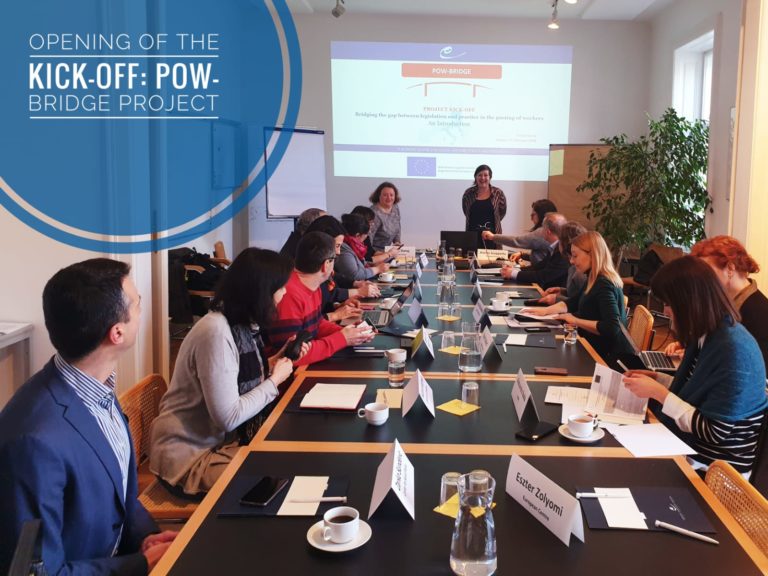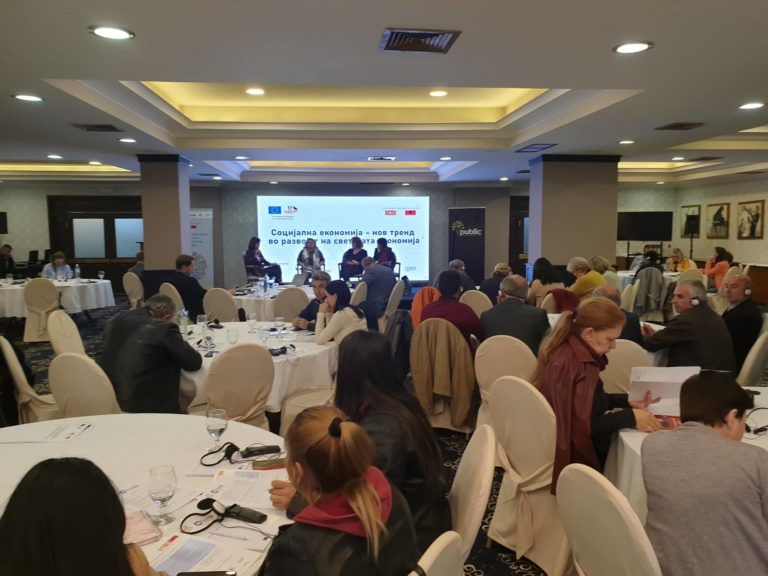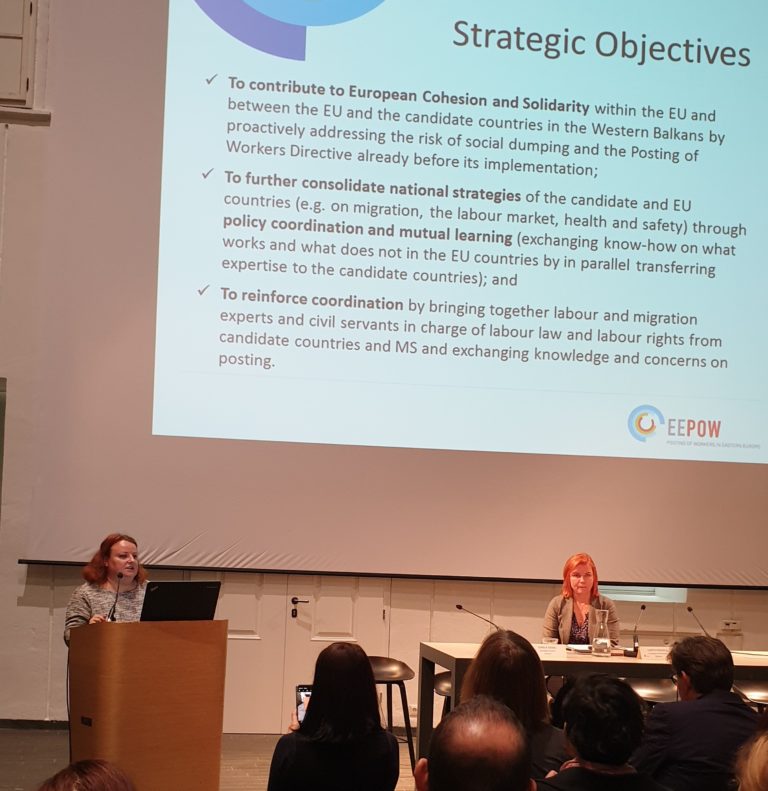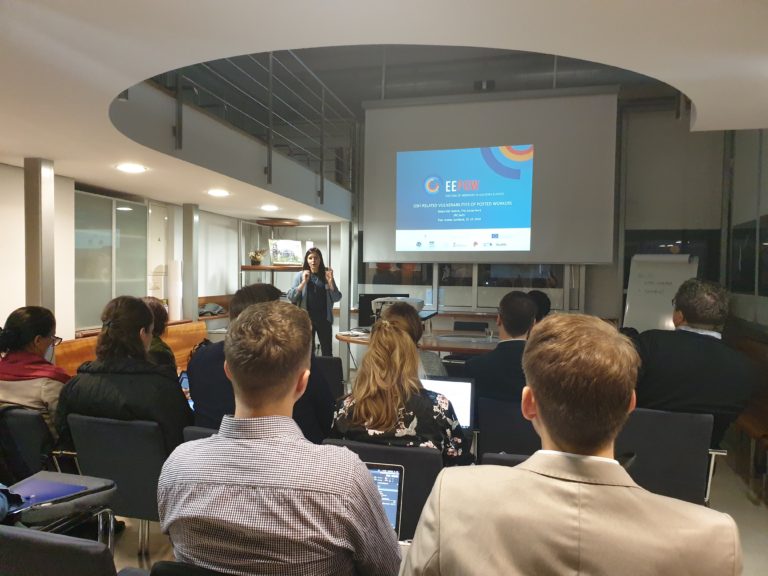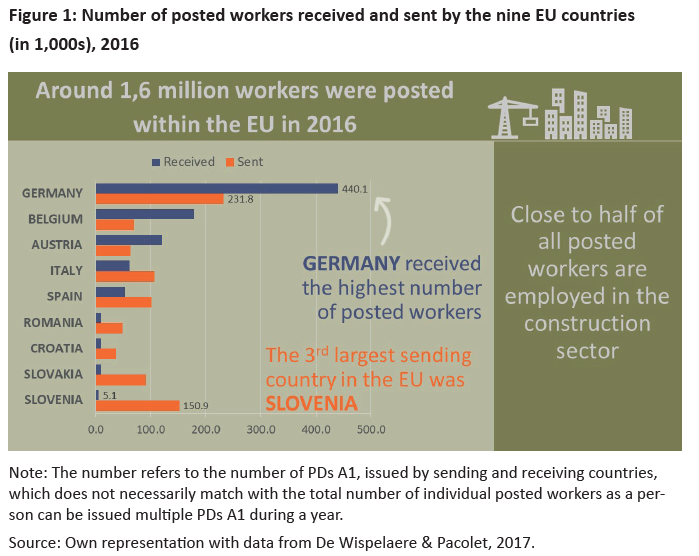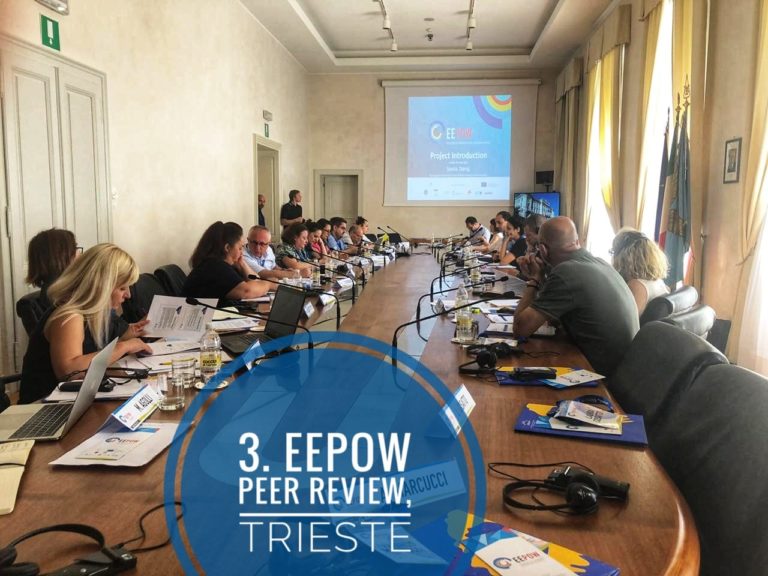Here, not to stay! The posting of third country nationals to Austria
Policy Brief: Here, not to stay! The posting of third country nationals to Austria by Danaj et al. This Policy Brief describes the trend of the posting of third-country workers from Bosnia and Herzegovina via Slovenia to Austria and its drivers. It also discusses why workers from Bosnia and Herzegovina agree to be posted via…


